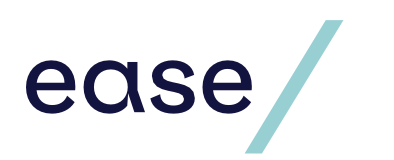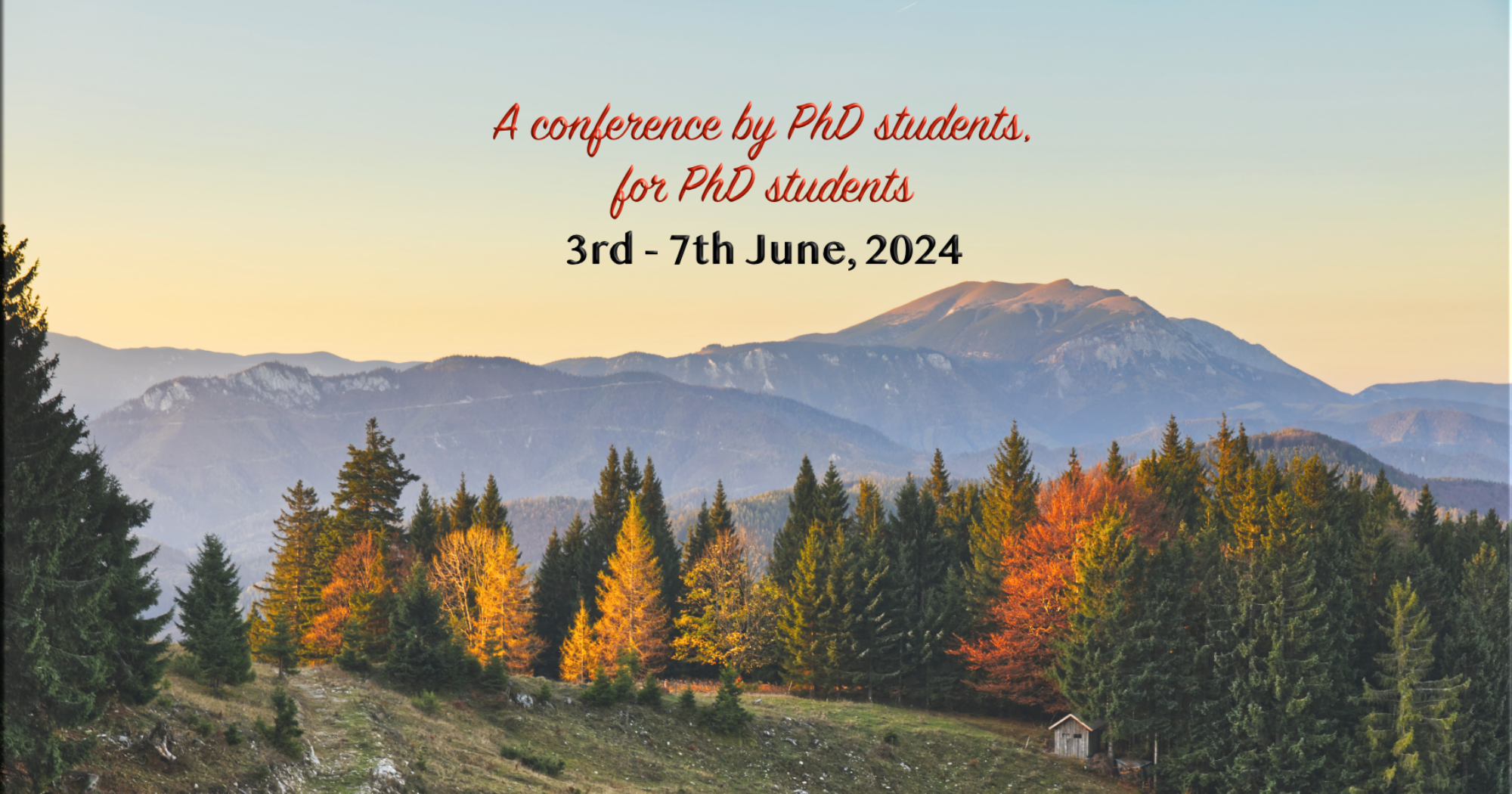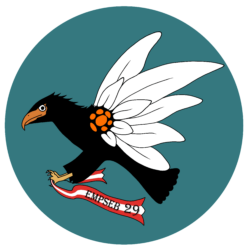Workshop 1
Science Communication by Duncan Nicholas from European Association of Science Editors


Workshop host: Duncan Nicholas
Past-President, European Association of Science Editors https://linktr.ee/easeeditors
Development Editor, Reproductive Biomedicine Online https://linktr.ee/rbmo
Duncan has nearly 20 years’ experience of the journal publishing industry, working with major corporate publishers, independent academic journals and society publishers, and was President of European Association of Science Editors (EASE) from 2020-2023. He is currently in an extensive role with Reproductive BioMedicine Online.
Duncan’s work is primarily focused on supporting publishers and researchers with journal editorial strategies, developing processes and techniques, presence and community impact. He has developed and delivered training courses on many aspects of publishing, such as peer review, author skills and publishing options, open access, editorial board development, and copyright and licensing.
EASE is an international community of individuals involved in research, from diverse backgrounds, linguistic traditions and professional experience who share a passion of science and scholarly communication, editing and publishing. EASE’s mission is to improve global standards and quality in research publishing, promote the value of all journal editors and support professional development, research, and collaboration.
Reproductive BioMedicine Online was established in 2000, and is a Q1 ranked international journal devoted to biomedical research on human conception and the welfare of the human embryo. The journal’s audience includes researchers, clinicians, practitioners, academics and patients, and is partnered with several prestigious professional societies
Find out more about Duncan’s workshop below!
Workshop 2
“Higher, better, more efficient? Why studying animals can teach us to become realistic?” by Teresa Valencak

Workshop host: Teresa Valencak
Austrian Agency for Health and Food Safety, Competence Center for the Food Chain, Vienna, Austria
Zhejiang University, College of Animal Sciences, Hangzhou, China
Teresa is trained as zoologist and obtained her PhD from University of Vienna. Her main interest is animal physiology and energy metabolism with a focus on specific stages such as lactation in females and aging in mammals. While the main limitation to metabolism in females during lactation relates to the capacity to release heat, the offspring have opposite thermal requirements since they grow faster when they have no thermoregulatory losses. Aging relates to the deterioration of any body function over time and specific endocrine pecularities in long-lived animals bring about advantageous metabolic conditions enabling higher resilience and a longer life. Since nutritional preferences and habits play an eminent role for these relationships. Teresa always relates physiological observations to parameters reflecting energy intake.
Stay tuned for an exciting details on Teresa’s workshop! We promise a thought-provoking and inspiring session.
Workshop overview
Workshop 1 – Science Communication by Duncan Nicholas
Tuesday 4th June, 16:30-18:30
Using practical exercises and group discussion the session will consider what we want to achieve through communicating research, the different groups of people to reach, how to understand potential audiences, and the types of content and formats that help reach the right audiences in the right ways.
The session will also consider ways of measuring the results and impacts of communication, and managing online researcher profiles and presence to help accomplish different goals.
Whether you are interested in establishing an online profile for your research, or have specific work you wish to promote, this workshop will give participants a very practical introduction to the concepts, methods and effectiveness of science communication, including:
- How researchers can use social media at every stage of the research cycle
- Differences between key public and academic social platforms
- Choosing appropriate social media tools to use
- Methods of article promotion
- Setting up and managing researcher profiles
- The effects of impact and presence on research
- How to effectively engage with subject area communities
- How to communicate research to social media in an effective way
- Measurements of presence and attention of research online
There is no need to prepare for this workshop in advance, but we recommend you bring a laptop (tablet or mobile device), and have some work in mind to be able to apply the principles and practical work during the session.
Workshop 2 – “Higher, better, more efficient? Why studying animals can teach us to become realistic?” by Teresa Valencak
Details are to be announced

EDI Panel
Panellists: our keynote speakers and workshop hosts.
The field of biology has long recognised the importance of embracing diversity in its research, perspectives, and approaches. To foster a more inclusive and equitable community, this panel discussion aims to explore the challenges, strategies, and benefits associated with integrating Equity, Diversity, and Inclusion (EDI).
The panel on EDI serves as a platform to acknowledge the significance of diversity within the field and to discuss the challenges and opportunities associated with integrating EDI principles. Attendees will have the opportunity to raise their concerns and questions during the session.
- Recognition of Diversity: Diversity is not limited to organisms alone; it extends to researchers, perspectives, and methodologies within the field. The panel recognises the importance of embracing this diversity in order to foster a more robust and inclusive scientific community.
- Challenges in Integration: Despite the recognition of diversity’s importance, integrating EDI principles can present challenges. These challenges may include systemic biases, lack of representation, and entrenched norms that perpetuate inequality. The panel aims to identify and address these challenges, providing insights and strategies to overcome them.
- Strategies for Inclusion: The panel discussion will delve into various strategies for promoting equity, diversity, and inclusion in science. This may involve creating inclusive research environments, advocating for diverse perspectives, and actively supporting underrepresented groups within the field.

